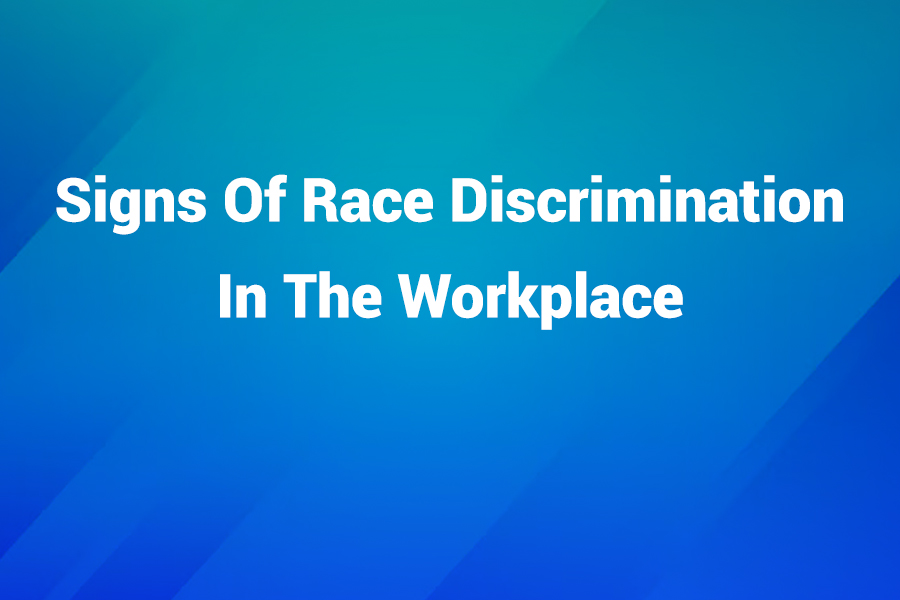Estimate your payments based on California guidelines
Parent Information
Income Information
Your Information
Other Parent's Information
Child Information
Child 1
Additional Factors
Estimated Child Support Payment
This is an estimate based on California guidelines. Actual court-ordered amounts may vary.
Based on the California Guideline Formula: CS = K[HN - (H%)(TN)]
Where:
- CS = Child Support amount
- K = Income allocation factor
- HN = High earner's net monthly disposable income
- H% = Percentage of time high earner has with the children
- TN = Total net monthly disposable income of both parents
Relationship Information
Income Information
Your Information
Spouse's Information
Additional Factors
Estimated Alimony Payment
This is an estimate based on California guidelines. Actual court-ordered amounts may vary.
For temporary support, California typically uses the formula: (40% of higher earner's income) - (50% of lower earner's income)
For permanent support, the court considers factors including:
- Standard of living during marriage
- Duration of marriage
- Each spouse's earning capacity
- Age and health of each spouse
- Tax consequences
For marriages under 10 years, support typically lasts for half the length of the marriage.
For marriages over 10 years, the court may not set a termination date.
Understanding Child Support in California
How Child Support is Calculated in California
California uses a complex guideline formula called the "Income Shares Model" to calculate child support. This formula takes into account both parents' incomes, the amount of time each parent spends with the child, tax deductions, and other factors.
The basic formula used in California is: CS = K[HN - (H%)(TN)]
Where:
- CS = Child support amount
- K = Income allocation factor (varies based on combined income)
- HN = High earner's net monthly disposable income
- H% = Percentage of time high earner has with the children
- TN = Total net monthly disposable income of both parents
The courts use specialized software called "DissoMaster" or "X-Spouse" to perform these calculations, but our calculator provides a close approximation based on the same guidelines.
Factors That Affect Child Support
Several factors can influence the final child support amount in California:
- Income: Both parents' income from all sources, including wages, self-employment, investments, and rental properties.
- Timeshare: The percentage of time each parent spends with the child.
- Tax filing status: How each parent files taxes affects their net disposable income.
- Mandatory deductions: Health insurance, retirement, union dues, and other mandatory deductions.
- Child-related expenses: Childcare costs, uninsured healthcare expenses, educational costs, and special needs expenses.
- Other children: Support obligations for children from other relationships.
- Hardship deductions: Extraordinary health expenses, uninsured catastrophic losses, and minimum basic living expenses of dependent children from other relationships.
The court has discretion to deviate from the guideline amount in special circumstances if it would be in the best interest of the child.
California Alimony (Spousal Support) Explained
Temporary vs. Permanent Spousal Support
California recognizes two types of spousal support:
Temporary Support: Awarded during divorce proceedings to maintain the status quo until the divorce is finalized. California courts typically use a formula for temporary support: (40% of higher earner's income) - (50% of lower earner's income), adjusted if there is child support.
Permanent Support: Awarded after the divorce is finalized. Despite the name, it's not always permanent, especially for marriages under 10 years. For marriages lasting less than 10 years, support typically lasts for half the length of the marriage. For marriages over 10 years, the court may not set a specific termination date.
Unlike child support, California does not have a fixed formula for permanent spousal support. Instead, judges consider multiple factors outlined in California Family Code Section 4320.
Factors Considered in Spousal Support Decisions
When determining permanent spousal support, California courts consider:
- The standard of living established during the marriage
- Each spouse's earning capacity and ability to maintain the marital standard of living
- The supporting spouse's ability to pay
- Each spouse's needs based on the marital standard of living
- Each spouse's assets and debts
- The duration of the marriage
- The supported spouse's ability to work without interfering with the interests of dependent children
- The age and health of both spouses
- History of domestic violence
- Tax consequences for each spouse
- Hardships affecting each spouse
- The goal that the supported spouse should become self-supporting within a reasonable period
Our calculator provides an estimate based on common practices, but actual court decisions may vary based on the specific circumstances of each case.
Modifying Support Orders in California
When Can Child Support Be Modified?
Child support orders in California can be modified when there is a "change in circumstances" since the last order. Common changes that may justify modification include:
- Significant changes in either parent's income (increase or decrease)
- Changes in the custody or visitation arrangement
- Changes in the child's needs (medical, educational, etc.)
- Either parent has another child from a different relationship
- Changes in health insurance costs or availability
- Incarceration or institutionalization of either parent
- Military deployment
In California, parents can agree to modify child support, but any agreement must be approved by a judge to be legally binding. If parents cannot agree, the parent seeking modification must file a motion with the court.
Child support orders can be reviewed every three years without showing a change in circumstances, but modification still requires a significant change in the calculated amount.
When Can Spousal Support Be Modified?
Spousal support can also be modified when there is a significant change in circumstances. However, there are important differences from child support modifications:
- If the original judgment states that spousal support is "non-modifiable," the court cannot modify it except in very limited circumstances.
- Some spousal support orders include a "Gavron Warning," which puts the supported spouse on notice that they are expected to become self-supporting within a reasonable time.
- Spousal support typically ends automatically when either spouse dies or when the supported spouse remarries.
- The court may consider the supported spouse's cohabitation with a new partner as a factor in reducing or terminating support.
Changes that may justify modification of spousal support include:
- Significant changes in either spouse's income
- Retirement of the paying spouse
- Disability or serious illness affecting either spouse
- The supported spouse becoming self-supporting
- The supported spouse not making good-faith efforts to become self-supporting
As with child support, spouses can agree to modify spousal support, but the agreement must be approved by a judge to be legally binding.
Legal Resources for California Support Cases
Government Resources
California offers several government resources to help with child support and alimony matters:
- California Department of Child Support Services (DCSS): Provides services to establish and enforce child support orders, locate parents, establish paternity, and collect and distribute child support payments.
- Family Law Facilitator: Each county's Superior Court has a Family Law Facilitator who provides free assistance with child support and spousal support issues.
- California Courts Self-Help Center: Offers information and forms for family law matters, including child support and spousal support.
- Local Child Support Agencies (LCSAs): Each county has a local agency that can help establish and enforce child support orders at little or no cost.
These resources can help you navigate the complex legal system without necessarily hiring an attorney, although legal representation is recommended for complex cases.
Understanding Your Rights and Obligations
Both parents and spouses have important rights and obligations regarding support in California:
- Right to accurate information: Both parties have the right to receive accurate financial information from the other party, including income, assets, and expenses.
- Obligation to provide support: Parents have a legal obligation to support their children financially. Ex-spouses may have an obligation to provide spousal support based on the factors discussed earlier.
- Right to modification: Both parties have the right to seek modification of support orders when circumstances change significantly.
- Enforcement options: Recipients have the right to enforce support orders through various means, including wage garnishment, tax refund interception, suspension of licenses, and contempt proceedings.
- Obligation to pay as ordered: Paying parties must pay support as ordered by the court, even if there are disagreements about custody or other issues.
Understanding these rights and obligations can help you navigate the support process more effectively and ensure that your children receive the financial support they need.
Remember that while our calculator provides a good estimate, consulting with a family law attorney or your county's Family Law Facilitator can provide guidance specific to your situation.







